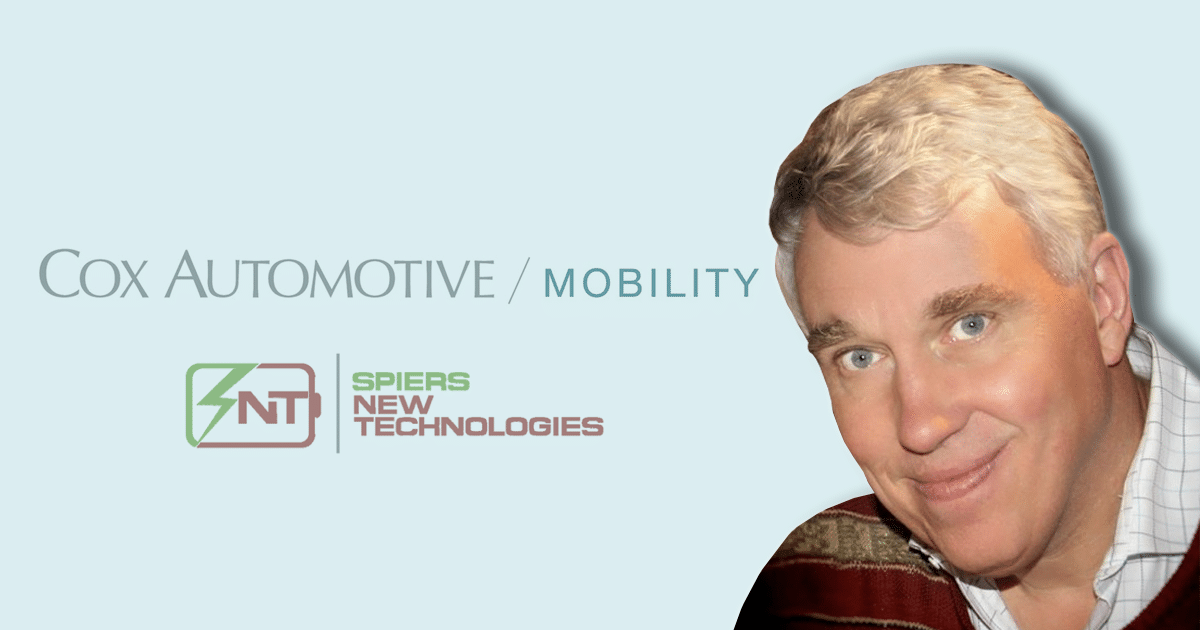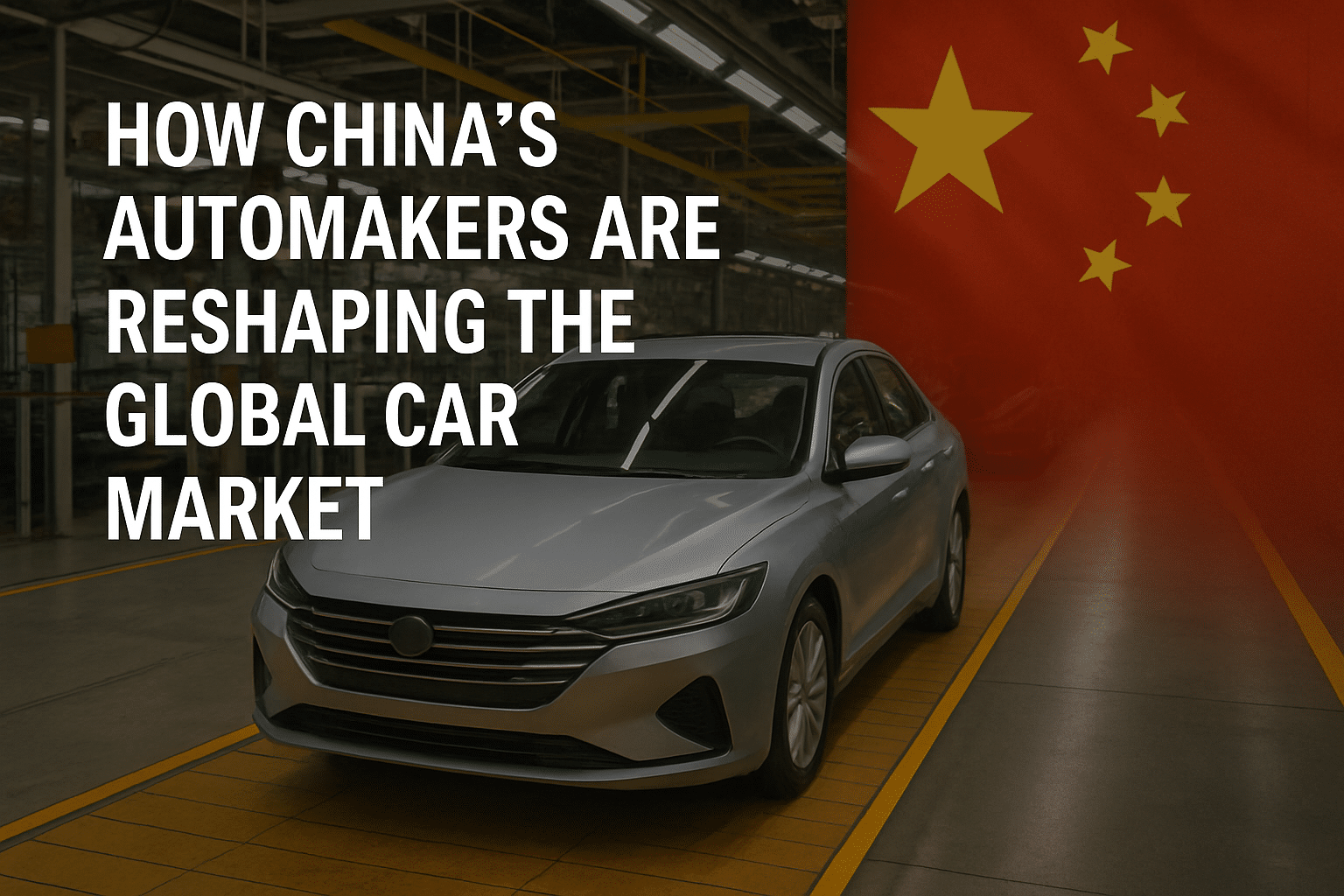By Kimberly Hurley (CBT NEWS) -September 6, 2021
Cox Automotive Mobility announced on Wednesday that it had acquired Spiers New Technologies (SNT), which is a leader in electric vehicle battery lifecycle management. Cox Automotive has been quite clear that it wants to be a top name in the EV battery lifestyle management process, and it is expected that it will continue to partner with or acquire other EV battery-related companies.
The financial terms of the acquisition were not disclosed.
SNT has been a game-changer for the EV battery realm, priding itself on its “4R services,” which include repair, remanufacturing, refurbishing, and repurposing. Its purpose is to help OEMs get the most out of their battery packs while keeping their values high. By using qualitative analysis, logistics management, repair and refurbishment, and remanufacturing, SNT works to assess the safety of previously used EV batteries and make sure they are properly refurbished so they can be installed in other vehicles in the future.
The founder of SNT, Dirk Spiers, described the process to VelocityOKC in simple terms in 2020, stating that “Faulty batteries come here, we do a quick triage to see what’s happening, and then make a decision. Do we remanufacture the pack? If we remanufacture, the battery pack goes back into a vehicle eventually as a warranty replacement.”
SNT reportedly works with major non-Tesla EV manufacturers including GM, Ford, Stellantis, Nissan, and Toyota. Spiers added that 75% of these battery services were provided to manufacturers by his company.
The finalized acquisition strengthens Cox Enterprise’s pledge to “drive positive environmental change,” which it has been facilitating through its so-called “Cox Conserves” program for over a decade.
Of course, the transition to EVs will continue to be a challenging one. While EVs have been deemed more environmentally friendly than gas-powered vehicles due to the reduced carbon dioxide emissions, they also pose problems when it comes to recycling. Perhaps the most glaring issue regarding recycling the batteries is that as of right now, very few lithium batteries are actually recycled. In fact, the World Economic Forum estimates this number could be less than 5%.
EV batteries are built from nickel, lithium, and cobalt, which need to be mined and many environmental activists argue this is unethical and dangerous to ecosystems and animals. Some analysts also say that potential future shortages of these materials could also hinder the production of EVs, thus reducing supply and causing detrimental price hikes for consumers.
Recycling EV batteries are also much more difficult than other batteries, as they weigh more and require skillful disassembly due to the hazardous materials they are made up of. A large concern with EV batteries is that they explode more regularly than other batteries and therefore are more laborious and time-consuming to recycle.
Regardless, EVs seem to be here to stay and there’s no doubt that dealerships are part of the EV battery lifecycle process. SNT offers its services directly to dealers, which includes collecting batteries, refurbishing them, and delivering them back to dealers. As more EVs arrive at dealerships, partnerships with SNT and companies that provide the same services are critical. Dealers who do not have any sort of relationship with one of these services should highly consider building one.
While EV battery recycling and refurbishing is a relatively new industry, dealerships may want to think about someday having their own EV battery technicians in-house. This would eliminate the need for a third party to carry out the recycling process as well as the need to transport the large and heavy EV batteries. Also, while EV battery makers have begun establishing warranty programs, in the future dealers may also consider providing some sort of incentives to customers who invest in recycled batteries instead of new ones.




